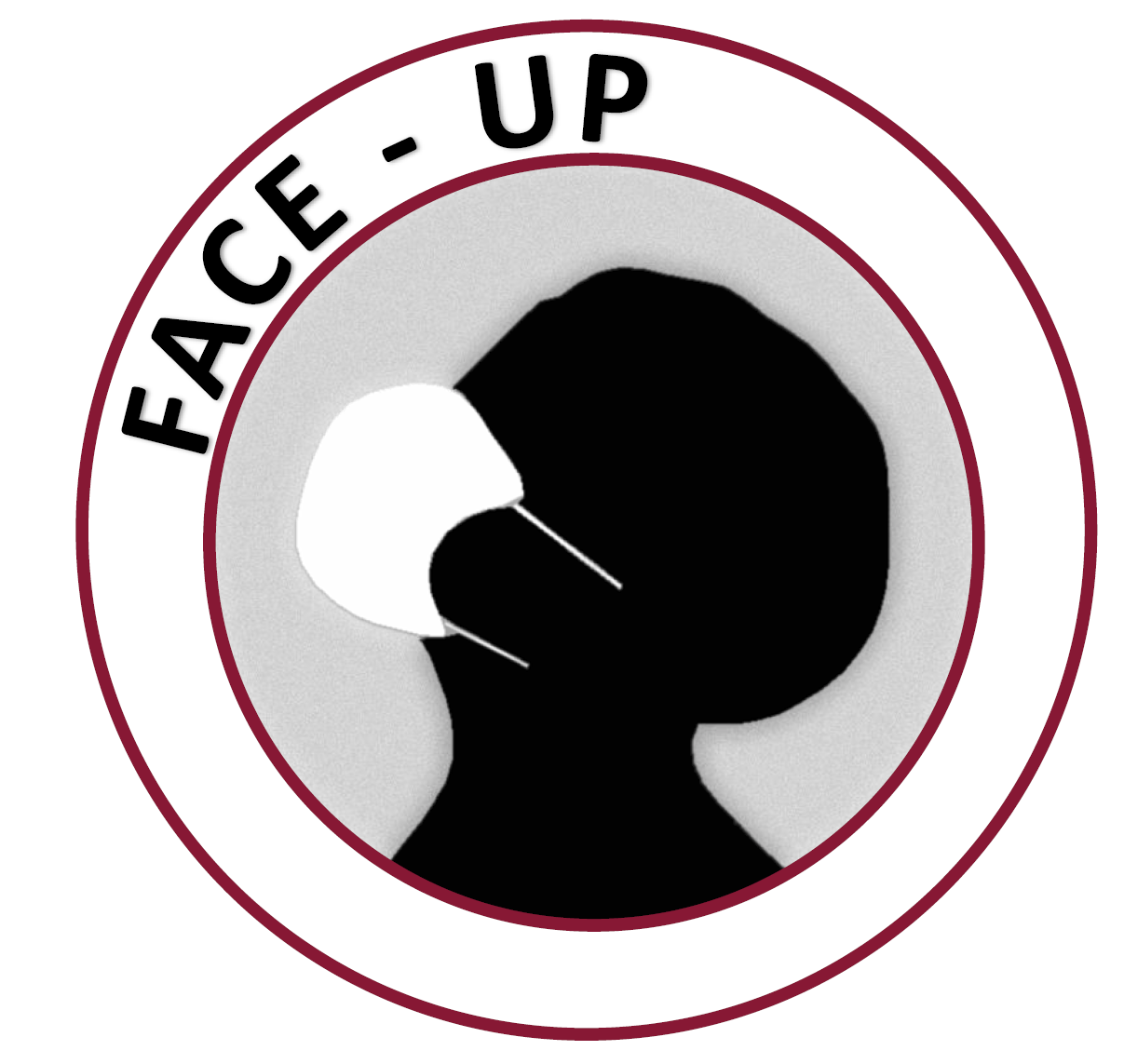
Benjamin Barratt is a Reader in Environmental Exposures & Public Health at Imperial College London and Deputy Director of the Environmental Research Group. He was involved in the establishment of co-ordinated air quality monitoring networks, including the London Air Quality Network, which became the largest urban network in Europe. He has since utilised this foundation in measurement techniques and data handling to develop analysis methods to characterise sources, trends and behaviour in urban air pollution. He specialised in the evaluation of technological or policy driven initiatives to improve air quality, including the London Congestion Charging Scheme and Low Emission Zone, the outputs of which have been used as evidence for future national and international schemes. His research is often in collaboration with international multidisciplinary teams ranging from toxicology and population health through to behavioural science and policy development.

John Cherrie worked as Principal Scientist in the Research Division at IOM, as well as Professor of Human Health at Heriot Watt University. He is a former President of the British Occupational Hygiene Society. He has worked as an occupational hygienist for more than 30 years. His research interests include occupational asthma, occupational cancer, human exposure assessment, environmental and occupational epidemiology, natural and synthetic fibres – including asbestos, dermal exposure to chemicals and dermatitis, and particulate air pollution. He also prepares medico-legal reports in relation to dust and chemical exposures, particularly to do with workplace cancer risks and occupationally related neurodegenerative disease.

Pradip Gyanwali works as a Member Secretary (Executive Chief) of Nepal Health Research Council. He is an Associate Professor of Pharmacology at Institute of Medicine, Tribhuvan University. He has over 10 years research experiences and he has received numerous wards including National Award for his contribution for Disaster Minimization through Health Research, 2021, from Government of Nepal, Ministry of Education, Science and Technology: Kathmandu, Nepal and Prof. Kumud Kumar Kafle gold medal for scoring the highest marks in MD, Clinical Pharmacology program/subject 2009. His area of interest is mainly on clinical research and trials.

Fabiana Lorencatto is a behavioural scientist and Research Lead for Centre for Behaviour Change, University College London. She is also an Honorary Research Fellow at the Centre for Health Services Research at City University of London. Her main research interests include implementation science, and the application of behavioural theory and frameworks to develop behaviour change interventions to improve clinical practice. She is involved in several projects aiming to change healthcare professional behaviour across a range of contexts, including audit and feedback interventions to reduce unnecessary blood transfusions; antimicrobial prescribing; optometrist delivered smoking cessation support; and increasing attendance for diabetic retinopathy screening. Fabiana also has a specialist interest in process evaluation methodology, particularly the assessment of intervention fidelity.

Claudia Merli is Associate Professor of Cultural Anthropology in Uppsala University. Claudia has specialised primarily in Medical Anthropology and in the critical anthropological study of disasters. She has carried out extensive fieldwork in Southern Thailand among the Malay-Muslims since 2002, and has worked in Japan on use of respiratory protection for volcanic ash exposure reduction, with Horwell.

Katie Oven is Associate Professor in the Department of Geography and Environmental Sciences at Northumbria University. She is a human geographer researching social vulnerability and resilience to disasters, with a particular focus on earthquakes and landslides in South and Central Asia (Nepal, Northern India, and Kazakhstan). Informed by critical physical geography, she also works closely with natural science colleagues to rethink how we do hazard and risk research. She is currently a Co-Investigator on a NERC/DFID-funded Science for Humanitarian Emergencies and Resilience (SHEAR) project, focusing on post-earthquake reconstruction in Nepal in the context of wider social, political, and economic change.

Laksmi Rachmawati is a PhD scholar in the Department of Earth Science, Durham University. In her PhD project she is exploring the carers’ perception of risk resulting from urban air pollution and haze and research how to use protection for the children. She worked as a researcher on the HIVE (Health Interventions in Volcanic Eruptions) project (Horwell, PI), to investigate people’s perceptions of risk due to volcanic ash exposure and the use of respiratory protection against volcanic ash fall in Indonesia. She has worked at the Indonesian Institute of Sciences, Research Centre for Population for nearly 20 years.

Ramesh Shrestha is PhD scholar in Department of Geography, Durham University. His PhD focusses on the interconnections between culture and landslide risk. He has worked with various organizations focussing on community-based disaster risk reduction projects that try to help communities who live with hazardous conditions such as floods, earthquakes, and landslides in many different parts of Nepal. His experience as a Disaster Risk Management (DRM) practitioner includes working with communities on vulnerability capacity assessments, the development of community-based flood and landslide early warning systems, community-based climate change adaptation and disaster risk management planning, and community-based advocacy for DRM.
